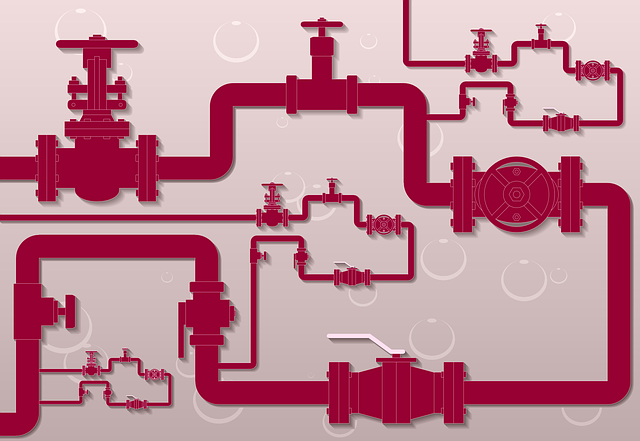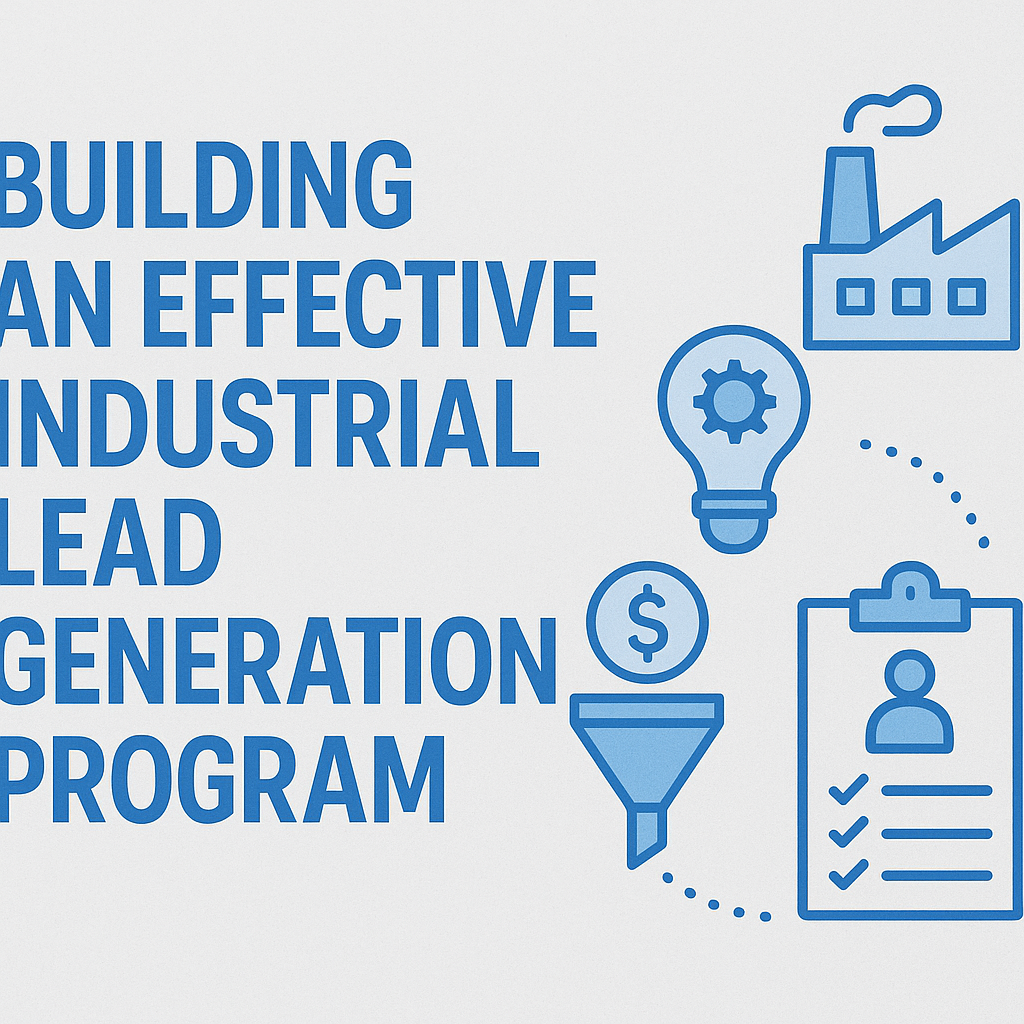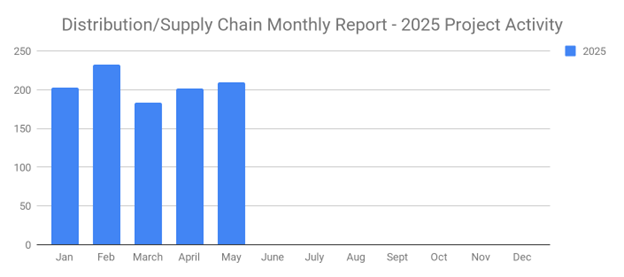
Are you struggling to manage your B2B company's sales pipeline? You aren't alone. Research shows that 44% of sales reps have an ineffective strategy for managing their B2B company's sales pipeline. After acquiring sales leads, they fail to move them through the sales process or pipeline, resulting in congestion during specific stages. You'll still need to generate high-quality sales leads so that you can pitch your B2B company's products or services to a targeted audience, but you can't ignore the importance of managing your B2B company's sales pipeline.
Embrace Sales and Marketing Alignment
Aligning your B2B company's sales and marketing departments will allow you to manage your sales pipeline more easily. For many B2B companies, these two departments operate independently of each other. Marketing teams typically focus on raising brand awareness and generating sales leads, whereas sales departments focus on closing deals. Sales and marketing alignment, however, will fill your B2B company's sales pipeline with qualified leads. Before providing new leads to your B2B company's sales department, the marketing department will qualify them.
Define the Stages
You can't expect to manage your B2B company's sales pipeline unless you define the individual stages. All sales pipelines consist of multiple stages, each of which represents a particular part of the sales process. Pipeline management encompasses a variety of sales-related processes in which you or another sales rep nurtures leads through these stages. To move leads from the beginning of your B2B company's sales pipeline to the end, though, you must define the stages. Only after defining each stage of your B2B company's sales pipeline can you nurture leads.
Common stages of a B2B sales pipeline include the following:
- Point of contact
- Lead qualification
- Sales proposal
- Follow up
- Closing the deal
- Buyer retention
Sanitize Bad Data
Another tip for managing your B2B company's sales pipeline is to sanitize bad data. Data is the metaphorical liquid that flows through your B2B company's sales pipeline. All sales leads consist of information about prospective buyers, which comes in the form of data. Unfortunately, not all data that you acquire will be accurate. it's estimated that up to 40% of all B2B sales data is inaccurate.
Bad data is meaningless. It will consume space in your B2B company's sales pipeline without offering any real value. To make matters worse, allowing bad data to fill your B2B company's sales pipeline means you'll have less time to focus on nurturing legitimate and high-quality leads through the sales process. For easier pipeline management, you should sanitize bad data by deleting it. Go through the sales leads that are currently in your B2B company's sales pipeline to inspect them for inaccurate or otherwise bad data. Deleting these sales leads will create a cleaner sales pipeline that's easier to manage.
Leverage Social Media
Social media is an invaluable tool for sales pipeline management. According to HubSpot, over six in 10 sales reps who use social media fill their respective B2B company's sales pipeline, whereas only 47% of sales reps who don't use social media fill their B2B company's sales pipeline. But social media does more than just attract sales leads while filling the first stage of your B2B company's sales pipeline; it offers a platform on which you can communicate with sales leads and nurture them to the latter stages.
How do you leverage social media for pipeline exactly management? For starters, you can reach out to new leads on social media networks like LinkedIn to answer their questions while moving them through the sales process. You can also research leads on social media for qualification purposes. By qualifying and moving leads through the sales process, you'll have an easier time managing your B2B company's sales pipeline.
Track Performance Metrics
Sales pipeline management requires tracking performance metrics. Performance metrics show, in plain data, which stages are congested and which stages are moving as intended. You can track the number of sales leads in your B2B company's sales pipeline, for instance. All sales leads will enter your B2B company's sales pipeline when acquired. By knowing the number of sales leads in it, you can create a more effective nurturing campaign.
You can also track the average conversion rate of those sales leads. Also known as close rate, conversion rate is the percentage of sales leads or prospective buyers who agree to a deal. A high conversion rate is a sign of a smooth pipeline management strategy. A low conversion rate, conversely, means you should consider a different strategy for managing your B2B company's sales pipeline. These are just a few sales-related performance metrics that you can track.
Follow Up Quickly
The speed at which you follow up with new sales leads will affect your ability to manage your B2B company's sales pipeline. Not all prospective buyers will make a purchase during the first sales proposal. Even if you have a compelling pitch, many of them will reject your offer -- at least initially. This is where a follow up comes into play. You can follow up with a prospective buyer at a later date after the first sales proposal. Whether performed by phone or email, a follow up will allow you to identify reasons why the prospective buyer hasn't agreed to a deal, which you can then overcome.
Following up with prospective buyers quickly will also result in a cleaner sales pipeline. Sales pipelines can become congested. If you don't follow up with prospective buyers, for example, your B2B company's sales pipeline may become congested at the sales proposal stage. This stage will have tons of prospective buyers who've already been exposed to your offer but haven't agreed to a deal. Rather than the
Use CRM Software
You can use customer relationship management (CRM) software to manage your B2B company's sales pipeline. CRM software is an invaluable asset for all B2B companies. It lives up to its namesake by offering a variety of features and tools for facilitating interactions between prospective buyers. While there are over a half-dozen CRM products available, most of them offer sales pipeline management. Using CRM software, you can analyze your B2B company's sales pipeline while simultaneously generating sales leads and nurturing those sales leads through the sales process.
What to learn more? Get in Touch





